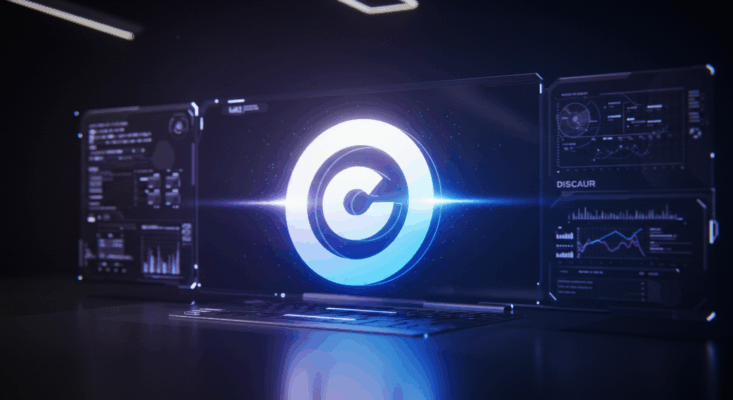
It began quietly — not with a bang, but with a click. A single tap on a smartphone screen in a Tokyo café, a scroll through a feed in a Berlin subway, a voice command whispered to a speaker in a Dubai penthouse. No one noticed at first, but the machines were listening — not just recording, but understanding. They began to anticipate cravings before hunger struck, suggest songs before the mood fully formed, and recommend paths before the destination was chosen. It was subtle, almost polite — as if technology had finally learned the art of timing, of restraint, of emotional intelligence.
This wasn’t magic. It was the slow, patient evolution of artificial intelligence — not as a distant sci-fi prophecy, but as a silent companion woven into the fabric of daily life. Behind every “For You” tab, every “Recommended” playlist, every eerily accurate ad, lay thousands of data points, neural networks, and behavioral patterns stitched together by engineers who understood one thing: technology’s highest purpose is not to command, but to serve. To make space for human intention, not replace it.
In coffee shops and boardrooms alike, people began to speak of algorithms as if they had personalities. “It knows me,” they’d say, half-amused, half-unnerved. And in a way, it did. It knew the shade of blue you lingered on, the time of day you felt nostalgic, the brands you trusted without thinking. It learned your rhythm — not to manipulate, but to harmonize. It mapped your pauses, your hesitations, your returns — not as errors to correct, but as signals to honor.
What’s beautiful isn’t the complexity of the code, but the simplicity of the outcome: a world that feels increasingly tailored, less noisy, more human. The irony? The more “machine” the world becomes, the more it bends itself to human intuition. Not to replace us — but to reflect us. To whisper back, gently, “I’ve got you.” It doesn’t interrupt your morning with urgency. It waits until you’ve had your coffee. It doesn’t shove products in your face. It remembers what you browsed last week — and quietly places it back in your path, like a bookmark left thoughtfully in a favorite novel.
And perhaps, that’s the quiet revolution no one announced: not robots taking over, but technology learning to listen. Not to extract, but to empathize. Not to predict your next move, but to prepare the ground beneath your feet so your next step feels natural, supported, inevitable. We stopped asking “What does it do?” and started feeling “It gets me.” That shift — from utility to understanding — is where the future lives. Not in louder tech, but in quieter, wiser systems that know when to speak, when to stay silent, and when to simply hold space for you to be yourself.
In the end, the most powerful algorithms aren’t the ones that convert the most — they’re the ones that make you feel the least alone.